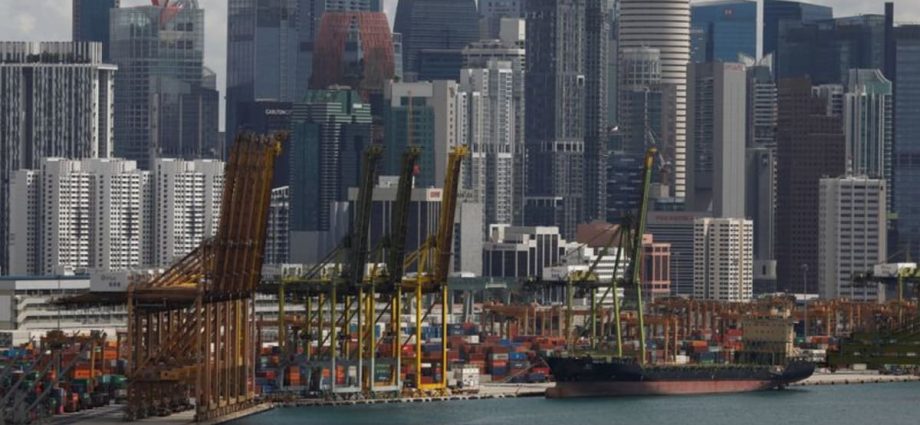
“The pickup in visitor arrivals, including from China, will benefit the hospitality and F&B industries. Private consumption also remains supported due to the healthy labour market conditions,” said Selena Ling, head of treasury research and strategy at OCBC.
“Going ahead, the services should still continue to underpin GDP growth in the coming quarters,” she added.
The trade-reliant economy grew 3.6 per cent last year, slowing from an 8.9 per cent expansion in 2021.
The government had projected GDP growth of 0.5 to 2.5 per cent for this year, saying while the growth outlook for aviation- and tourism-related sectors has improved, externally oriented sectors remain weak given the broader slowdown in the global economy.
The gloomy outlook combined with persistent inflation has heightened analyst debate over whether the Monetary Authority of Singapore (MAS) should tighten policy again at its scheduled review, also on Friday.
Singapore’s core inflation has remained at around a 14-year high in recent months at 5.5 per cent.
The MAS has said core inflation was likely to stay at about 5 per cent for the early part of 2023. The bank has tightened monetary policy five times in a row, the last move being in October 2022.
Six out of the 17 economists polled by Reuters expect the MAS to make no changes to the monetary policy citing the need to bolster economic growth. Others expect the MAS to tighten, but are divided on which levers the bank should adjust.
Singapore removed all of its COVID-19 curbs in February this year and expects the tourism sector to recover to pre-pandemic levels by 2024.

